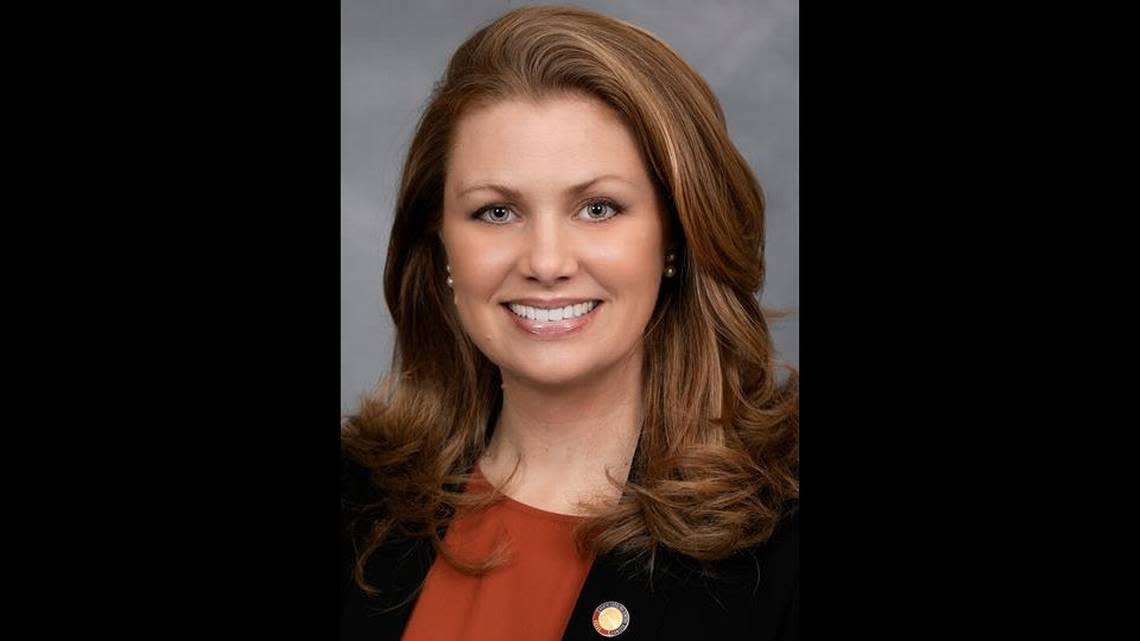Local bill changing Wake County Commissioner elections OK’d in NC House after compromise
A local bill changing how Wake County voters elect their county commissioners was unanimously passed in the state House on Wednesday and now heads to the Senate.
House Bill 99 would require members of the Wake County Board of Commissioners be elected by voters in their district starting in 2024, using the current county district lines. In 2026, the board would be expanded by two members who would be elected at-large.
The commissioners are currently elected using residency districts where they must live in their respective district, but the entire county gets to vote for each seat.
Unlike in earlier drafts of the bill, elections for commissioner would remain partisan, with a primary determining each party’s final candidates and a general election deciding the winners.
The latest version of the bill represents a compromise between state Rep. Erin Paré, the sole Republican in Wake County’s legislative delegation, and the Wake County commissioners, who are all Democrats.
“Wake County is now larger than eight states with a population of nearly 1.2 million people,” Paré said on the House floor Wednesday afternoon. “Fifty-five percent of the electorate resides in Raleigh and Cary. The purpose of these changes is to strengthen representation on the board for the more suburban and rural communities around the county.”
“This is good for the people Wake, and it’s the right thing to do,” Paré said.
At the House Rules Committee meeting on Tuesday, Wake County Commissioner Susan Evans, the board’s vice chair, spoke in favor of the bill.
“We thank Representative Paré for initiating this conversation and for listening to our concerns and those of the community,” she said. “We appreciate this compromise.”
This bill is a local act meaning it does not go to the governor and is not subject to a veto.
Commissioners from North Carolina’s largest counties, including Mecklenburg and Guilford, are elected through a combination of at-large and district seats.
Kyle Ingram contributed to this report.


